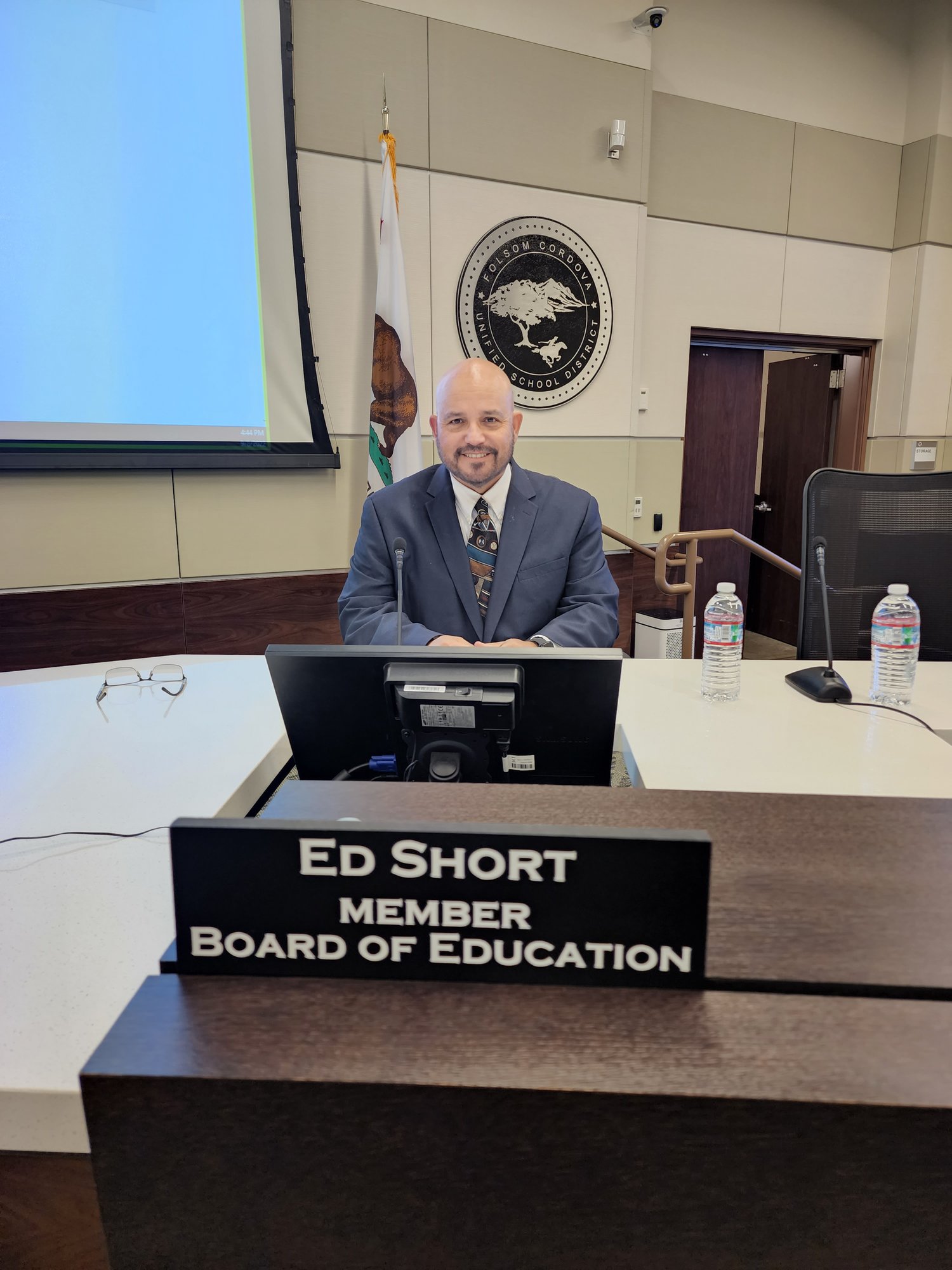Folsom Cordova Unified School District
STRATEGIES to SUPPORT STUDENT SUPPORT and LEARNING LOSS
August 2022
1. Renaissance Diagnostic to collect data of students in grades K-8. The reading diagnostic provides insights needed to guide literacy growth for emergent readers, struggling readers, and high achievers. Star Math data is used to connect each student at every grade level with the concepts they need for future success. STAR Early Literacy is geared for Kindergartners, ELs and struggling readers. It assesses both early reading skills and early number concepts.
2. Freckle, a component of Renaissance, provides students with an individualized learning path of lessons in both reading and math.
3. Oral Reading Passages to capture reading behaviors during authentic reading, document student reading progress, help plan instruction, and collect valuable data.
4. SIPPS Placement tests- SIPPS (Systematic Instruction in Phonological Awareness, Phonics, and Sight Words) is a research-based foundational skills program proven to help both new and struggling readers in grades K–12, including English learners and students identified with dyslexia. The placement test is a program-specific placement assessment which provides the data needed to group students with similar decoding needs.
5. Edmentum (Grades 9-12)- Edmentum provides educators with tests to evaluate each student's current level of proficiency in Math and ELA. With multiple comparable forms, students have several opportunities for practice and educators can measure progress over time. Edmentum also has an individualized lesson component which provides instructional support and practice through Integrated Math 3 and 12th grade English.
6. Every Student By Name/Every Child By Name meetings to look at the student through the lens of assessment and SEL components, group students and directly teach students based on needs.
7. SSTs as needed from either ESBN meetings, teacher concern (bringing data to back up concern, or parent request.)
8. PBIS/Climate Facilitators site plans. Plans vary per site based on needs and data from Panorama
9. Some sites have Reflection Rooms in place as part of the PBIS/Climate goals to support the SEL needs of our elementary students.
10. Professional Learning Communities to focus on Guaranteed and Viable Curriculum and Essential standards to make sure ALL students have equal access to the curriculum. PLCs focus on 4 essential questions. What do we want all students to know and be able to do? How will we know if they learn it? How will we respond when some students do not learn? How will we extend the learning for students who are already proficient? These questions help teachers intervene and extend for students based on their needs. Elementary Schools - Small group instruction throughout the day as well as specific supports during MTSS that targets all students' needs, meeting them where they are.
11. Benchmark Advance (Elementary ELA) has additional components for teachers to use for students who have an IEP (Steps to Advance) as well as a hardcover book to support our English Learners for Designated ELD.
12. All schools have access to Lexia Core5 (for grades Tk-5), Lexia PowerUp (grades 6+), and Lexia English programs. Core5 and PowerUp focus on Literacy skills with a student auto-placement piece to determine individualized content for students. Lexia English is geared toward our Emergent Level English Learners and focuses on listening, speaking, and grammar skills in English.
13. Additional staff (Academic coaches, intervention teachers) at sites to support small group instruction and addressing the needs of students at the sites.
14. District support staff for schools (Curriculum & Instructional Specialists) in the areas of SEL, Inclusion, English Learners, Technology, Elementary and Secondary curricular areas.
15. LETRS (Language Essentials for Teachers of Reading and Spelling): Over 200 FCUSD teachers participating in professional development based on research in the Science of Reading. This course enhances and improves teachers’ skills and knowledge in lesson design, assessment of student language development for prevention and intervention, and differentiating instruction to meet the needs of all students.
16. Some schools have designated scheduled time for targeted intervention during the school day (FlexTime at Mills and VDL, Sailing at Mitchell, PAWS at FHS).
17. Some schools provide teacher-driven afterschool tutoring in Math.
18. Math and English Foundations courses for students who need extra support and remediation in preparation for IM1, IM2 and IM3.
19. An alternative course to IM3 is being piloted to provide an option to engage more students in higher math.
20. All high schools have a structure in place for individualized academic support during the school day.
21. High school math teachers are working with Folsom Lake Community College on strategies to ensuring all students are college ready by graduation.

